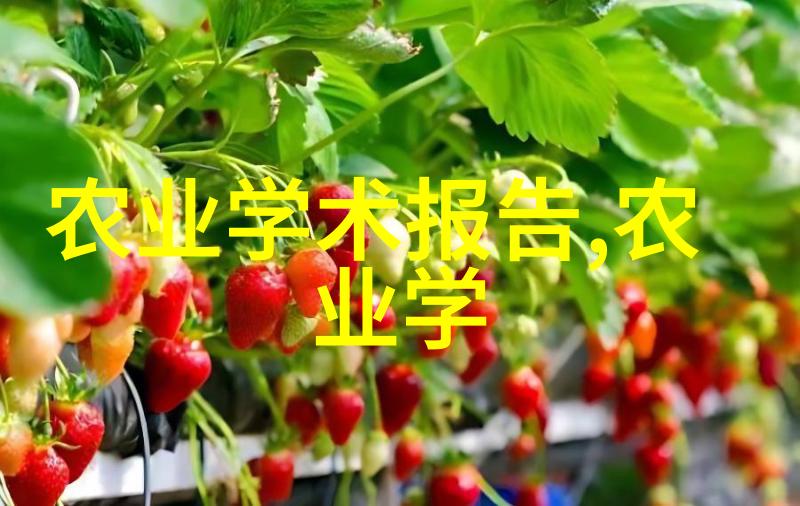日本,一个以高质量农业为特色的国家,其农林水产教育体系也备受关注。日本的农业大学不仅在国内享有盛名,而且在国际上也有着不错的声誉。因此,我们今天要探讨的是这些学校在全球农业大学排名中的表现,以及它们是如何将传统技术与现代科技有效融合,以推动农业学科的发展。

农业大学排名背后的意义
首先,让我们来了解一下“农业大学排名”这一概念背后所蕴含的一些意义。这种排行榜通常会根据一系列标准进行评估,如教学质量、研究成果、毕业生就业率等。这些建立了对高等教育机构整体实力和竞争力的评价体系,对于学生选择学校、企业招聘人才以及政府政策制定都具有重要参考价值。

日本农林水产教育的特色
传统与创新并重

日本农林水产教育以其独特的文化背景和历史积淀而著称。在这里,不仅有着古老的手工艺,还有一套成熟且高效的生产方式。而随着科技进步,这些传统知识被不断地更新和改良,使得日本成为世界上粮食自给率极高的国家之一。
教育体系强调实践经验

从小学到高中,再到高等院校,Japanese agricultural education system all emphasize hands-on experience and practical training. This approach not only helps students gain a deep understanding of the subject matter but also equips them with the skills to apply their knowledge in real-world settings.
研究领域涵盖广泛

Japanese agricultural universities are known for their strong research capabilities, covering a wide range of fields such as crop science, animal husbandry, horticulture, forestry, aquaculture and more. The research conducted at these institutions often focuses on improving productivity while reducing environmental impact.
日本农林水产大学在全球排名中的表现
虽然没有一个单一且权威性的国际排行榜覆盖所有涉及農業學科的地點,但我们可以通过多个独立组织发布的心理健康专业人士录取数据来推测一些大型或知名農業大學的地位。此外,一些专门针对農業與生物科学领域的人才培养项目也能提供类似的信息。
例如,QS World University Rankings by Subject provides rankings for agriculture & forestry programs at various universities around the world. Similarly, U.S. News & World Report's Best Global Universities for Agriculture Sciences list can offer insights into Japanese institutions' performance in this area.
Based on available data from these sources and other relevant reports, it is evident that Japan has several prominent agricultural universities that consistently rank high globally. These include:
Tohoku University
Kyoto University
Hokkaido University
Tokyo University of Agriculture and Technology (TUAT)
National Agricultural Research Organization (NARO)
These institutions have been recognized for their excellence in both teaching and research across various disciplines within agriculture sciences.
结论:
总结来说,Japan's agricultural university ranking reflects its long-standing commitment to providing high-quality education combined with innovative research methods tailored towards addressing modern challenges facing the industry such as sustainability and food security issues.
The country’s focus on integrating traditional techniques with cutting-edge technology allows graduates from Japanese agriculture schools to be well-prepared for careers spanning multiple sectors including academia, government agencies or private industries worldwide.
As we continue to face global challenges related to sustainable development goals like zero hunger or climate action plan which heavily rely upon advancements made through scientific progress supported by top-ranked educational institutions like those found within Japan’s landscape – one thing becomes clear: investing time studying under renowned professors will undoubtedly give future generations an edge when tackling pressing problems affecting our planet tomorrow today!
标签: 农业学术报告



